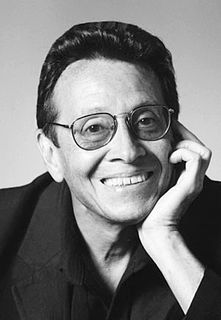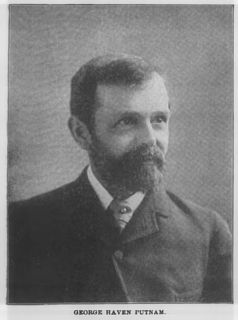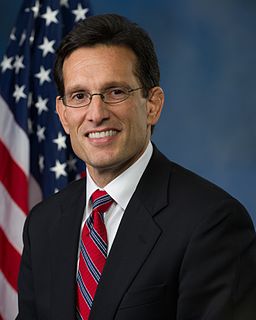A Quote by A. D. Coleman
We've spent now about 150 years trying to convince ourselves that photographs are reliable evidence, some unimpeachable slice of the real world. That was a myth from the very beginning.
Related Quotes
Man has existed for about a million years. He has possessed writing for about 6,000 years, agriculture somewhat longer, but perhaps not much longer. Science, as a dominant factor in determining the belief of educated men, has existed for about 300 years; as a source of economic technique, for about 150 years. In this brief period it has proved itself an incredibly powerful revolutionary force. When we consider how recently it has risen to power, we find ourselves forced to believe that we are at the very beginning of its work in transforming human life.
The fears that assault us are mostly simple anxieties about social skills, about intimacy, about likeableness, or about performance. We need not give emotional food or charge to these fears or become attached to them. We don’t even have to shame ourselves for having these fears. Simply ask your fears, “What are you trying to teach me?” Some say that FEAR is merely an acronym for “False Evidence Appearing Real.” From Everything Belongs, p. 143
Interviewer: [What do you get up to] In real time?
Brian Molko: I go on Placebo sites and have a terrible time trying to convince fans it's actually me. No one ever believes it. I've spent about four hours, giving away intimate details about myself that I'd never tell a journalist, in an effort to prove that it's me.
Now the proposal is yet again another $150 billion before we start to think about a freeze. But $150 billion spent on more government programs; monies being created to direct and what kind of jobs that Washington thinks ought to be created. Come on. I mean there is a government that can help, and the government can also hurt.
I was interested first of all in trying to capture this myth that was always changing and to create some sort of a master story, some version of the myth that resonated with me, since I could have taken more or less any detail that I wanted or the opposite and try to put that down on the page in a way that I could express from that outset for myself and for our readers what it was that was so magical about [Buckminster] Fuller's way of putting together the world.
Most people put their childhood away as if it was an old hat. They forget it as if it was a phone number that does not apply anymore. They think about their life as if it was a salami which they are eating slice by slice and then they become grown-ups, but what are they now? Only those who grow up and still remain children are real human beings.
I love the Hunger Games books. Certainly, the fans are there. They're grown enormously since the beginning. When I first brought the books to Lionsgate, they had sold about 150,000 copies, which is a very good result for a YA book. And to their credit, Lionsgate was very excited and committed to the movie, from the beginning.
We now have some years of very reliable polling by Western firms in the Islamic world, in multiple Islamic countries. And invariably, the question that asks, "Do you view U.S. foreign policy as an attack on Islam and Muslims?" is maxed out. Whether it's Jordan or Indonesia or Egypt, you get 80,85 percent of people saying "Yes."
I spent two years in Cairo, and I felt a certain urgency about trying to understand the region and the conflict here, in the modest way that a journalist might be able to try and shed some understanding and enlightenment on a region that is profoundly conflicted, and a conflict that has real consequences for Americans.
How has the world of the child changed in the last 150 years?" The answer is. "It's hard to imagine any way in which it hasn't changed.They're immersed in all kinds of stuff that was unheard of 150 years ago, and yet if you look at schools today versus 100 years ago, they are more similar than dissimilar.



































